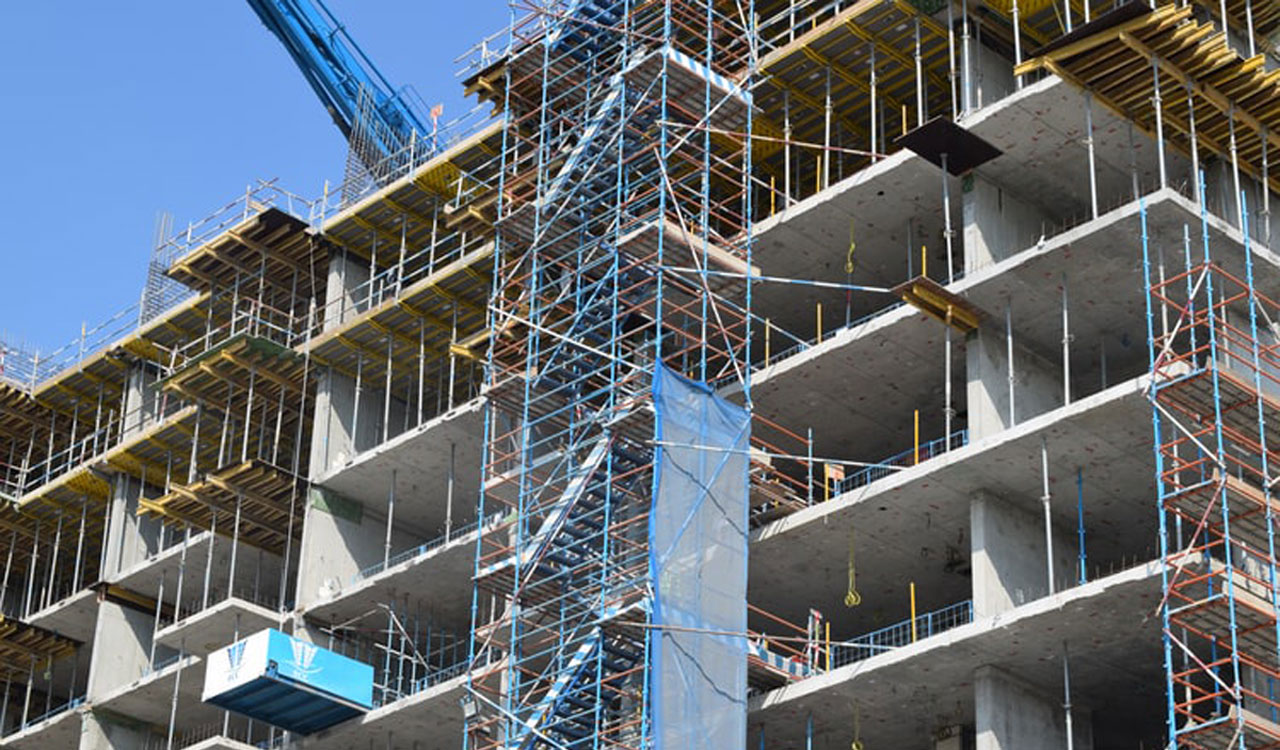
New Constructions in Jamaica, Transforming the Housing Market
Jamaica is undergoing a significant transformation, marked by a surge in new construction projects. This wave of development is reshaping the housing market, bringing both opportunities and challenges. In this blog, we’ll explore the current trends in construction and their impact on the housing sector.
The Construction Boom
The number of new construction projects in Jamaica has been on the rise, driven by several factors:
-
Economic Growth: Jamaica’s economy has been experiencing steady growth, spurred by sectors like tourism, manufacturing, and services. This economic upswing has increased investor confidence, leading to a surge in construction activities.
-
Urbanization: As more people migrate to urban centers like Kingston, Montego Bay, and Ocho Rios, the demand for housing in these areas has skyrocketed. To meet this demand, both private and public sectors are investing heavily in residential construction.
-
Government Initiatives: The Jamaican government has introduced several policies and incentives to encourage construction. Initiatives such as the National Housing Trust (NHT) provide affordable financing options for homebuyers and developers, boosting the construction of new homes.
-
Tourism: The booming tourism industry necessitates the development of hotels, resorts, and vacation homes. This demand is driving construction in tourist hotspots, contributing to the overall increase in building projects.
Effects on the Housing Market
The influx of new constructions is having a multifaceted impact on the Jamaican housing market:
-
Increased Supply: One of the most immediate effects is the increase in housing supply. The addition of new homes, apartments, and condominiums is helping to alleviate the housing shortage, especially in urban areas. This increased supply can lead to more options for homebuyers and renters, potentially stabilizing prices.
-
Affordability: While new constructions add to the housing supply, affordability remains a critical issue. Many of the new developments are aimed at the middle and upper-income segments, leaving a gap in affordable housing. Efforts by the government and non-profits to address this gap are essential to ensure that all Jamaicans have access to decent housing.
-
Market Dynamics: The construction boom is altering market dynamics. Increased competition among developers can lead to better-quality housing and more innovative designs. However, it can also result in speculative investments, where properties are built primarily for profit rather than to meet actual housing needs.
-
Urban Sprawl and Infrastructure: Rapid construction in urban areas can lead to urban sprawl if not managed properly. This sprawl puts pressure on existing infrastructure, such as roads, utilities, and public services. Ensuring that infrastructure development keeps pace with housing growth is crucial to maintain the quality of life in urban centers.
-
Job Creation and Economic Impact: The construction industry is a significant employer and contributor to the economy. New projects create jobs, from construction workers to architects and engineers, stimulating economic activity. The multiplier effect of construction can lead to growth in other sectors, such as retail and services.
-
Environmental Considerations: The environmental impact of new constructions is a growing concern. Sustainable building practices and green construction methods are becoming increasingly important to minimize the ecological footprint of new developments. Balancing development with environmental stewardship is crucial for long-term sustainability.
Looking Ahead
The construction boom in Jamaica is a sign of economic vitality and growth. However, it also presents challenges that need careful management. To ensure that the benefits of new construction projects are widely felt, a balanced approach is necessary. This approach should include:
- Affordable Housing: Increased efforts to develop affordable housing to ensure inclusivity in the housing market.
- Sustainable Development: Adoption of sustainable construction practices to minimize environmental impact.
- Infrastructure Development: Investment in infrastructure to support new developments and prevent urban congestion.
- Policy Support: Continued government support through favorable policies and incentives to sustain growth in the construction sector.
In conclusion, the surge in new constructions is transforming Jamaica’s housing market, offering both opportunities and challenges. By addressing these challenges through comprehensive planning and policy support, Jamaica can ensure that its construction boom leads to long-term, sustainable growth that benefits all its citizens.

